Ebrahim Raisi, the hardliner jurist-turned-president of the Islamic Republic of Iran, died in a plane crash over the weekend after coming back from a ceremony marking a new joint dam project with Azerbaijan. Iranian foreign minister Hossein Amir-Abdollahian, who was also on board, perished in the crash as well.
Few Iranians outside the political system will mourn their deaths. Raisi, for instance, was a notorious, unapologetic defender of the Iranian regime and first got involved in its machinations in his mid-twenties. In 1988, he served on a panel that handed down death sentences for thousands of dissidents. In 2009-2010, Raisi was involved in cracking down on the Green Movement protests, spurred after incumbent Iranian president Mahmoud Ahmadinejad won re-election in a fraudulent vote. He didn’t change his ways when he won the presidency himself a decade later; when thousands of Iranians took to the streets to protest the arrest of Mahsa Amini, a young Iranian woman beaten to death by the Morality Police for not wearing the hijab, Raisi authorized yet another harsh crackdown. Hundreds were killed, thousands more arrested.
Internally, Raisi’s death won’t make much of a dent. The Iranian political establishment will shed a few tears and then move on. Per the Iranian constitution, elections will have to be organized in fifty days to find a replacement. Supreme Leader Ayatollah Ali Khamenei and the Guardian Council, the body responsible for vetting candidates, will clear the decks for another hardliner, just as they did for Raisi three years ago. The one winner out of this situation: Mojtaba Khamenei, the supreme leader’s son, who is rumored to be in the running to succeed the older Khamenei once he dies. The other potential candidate was none other than Raisi.
US policymakers across the national security establishment will be assessing what Raisi’s death means in the grand scheme of things. You can bet that country analysts in the Central Intelligence Agency’s Near East Division have already done various analyses probing different contingencies in the event of a high-profile Iranian death.
The optimal question is fairly obvious: how will Iran’s foreign policy change after Raisi’s demise? The answer is just as obvious: it won’t. There is no Iranian version of Mikhail Gorbachev set to rise to the office and transform Iran from a US adversary to a sometimes-partner. The hardliners control the levers of power, and whatever moderates exist today have seen their influence gutted by Khamenei’s office, the Guardian Council, and the Islamic Revolutionary Guard Corps.
Iranian foreign policy will therefore be stable, with or without Raisi on the scene. For one thing, the Iranian presidency isn’t very powerful in and of itself, particularly when the man occupying the office is perfectly happy to ingratiate himself to the supreme leader and lose all sense of independence. Foreign and security policy are set by the supreme leader, in cooperation with the IRGC. The president merely implements the orders given to him. Even Hassan Rouhani, who had a significant role in shaping the nuclear negotiating strategy with the United States during his two terms in office and could at least be construed as a semi-independent thinker, wouldn’t have been able to proceed if Khamenei didn’t allow it.
Therefore, the Biden administration shouldn’t anticipate any major moves in Iranian foreign policy — and I would be shocked if it was naïve enough to believe otherwise. Iran’s utilization of proxies in the Middle East, for instance, is a core component of the Islamic Republic’s regional security strategy and has been ever since it was founded in 1979. Hezbollah, Hamas, the Houthis and militias in Iraq and Syria will remain on the receiving end of Iranian military and political support regardless of who occupies the presidency at any given time. The supreme leader dictates these issues, and Khamenei has shown no eagerness to move away from them status-quo.
The Iranian nuclear issue will continue to be a point of contention for the Americans as well. Even before Raisi was “elected” in 2021, the Iranians began installing centrifuges of higher quality. More centrifuges were being used as well. Iran is now enriching uranium to 60 percent, a short technical step away from bomb fuel, and its total enrichment stockpile is nearly twenty times larger today than it was when Washington and Tehran were abiding by the Iranian nuclear deal. The Iranian negotiating strategy, which revolves around penalizing Washington for abandoning the nuclear deal and pressing on with its program to force Biden into re-entering nuclear talks, will likely stay on course.
All isn’t lost, however. While wholesale evolutions in Iran’s foreign policy are unlikely, Tehran won’t close off communications with Washington altogether. Khamenei may be a stubborn old man with dogmatic interpretations of what the US represents, but he can also be pragmatic if he needs to be. Khamenei, for example, ordered the Iranian security establishment to collaborate with the Americans after the Taliban fell from power in Afghanistan in the months after 9/11. He authorized preliminary nuclear negotiations with the Americans back in 2012 and allowed those negotiations to move forward on the advice of the officials in the room. He even protected Rouhani from those who criticized the policy, telling them to back off because it made the Islamic Republic’s work harder than it needed to be.
In short, Raisi’s passing will have less of an impact than many believe. Khamenei’s eventual passing, however, would be another story.



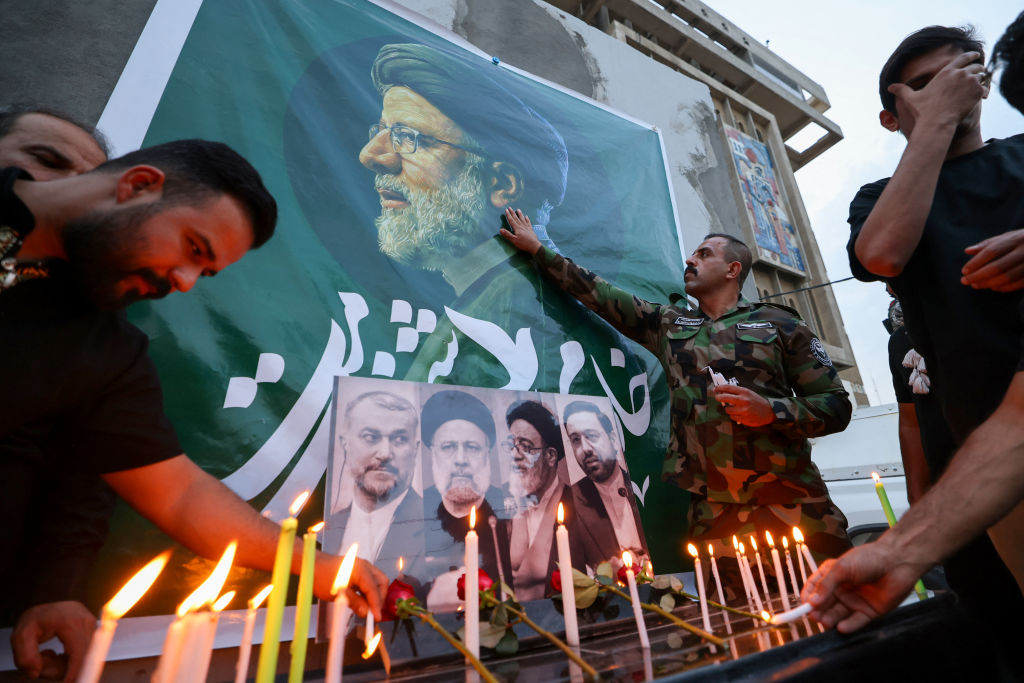








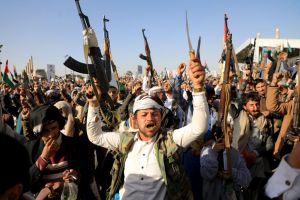

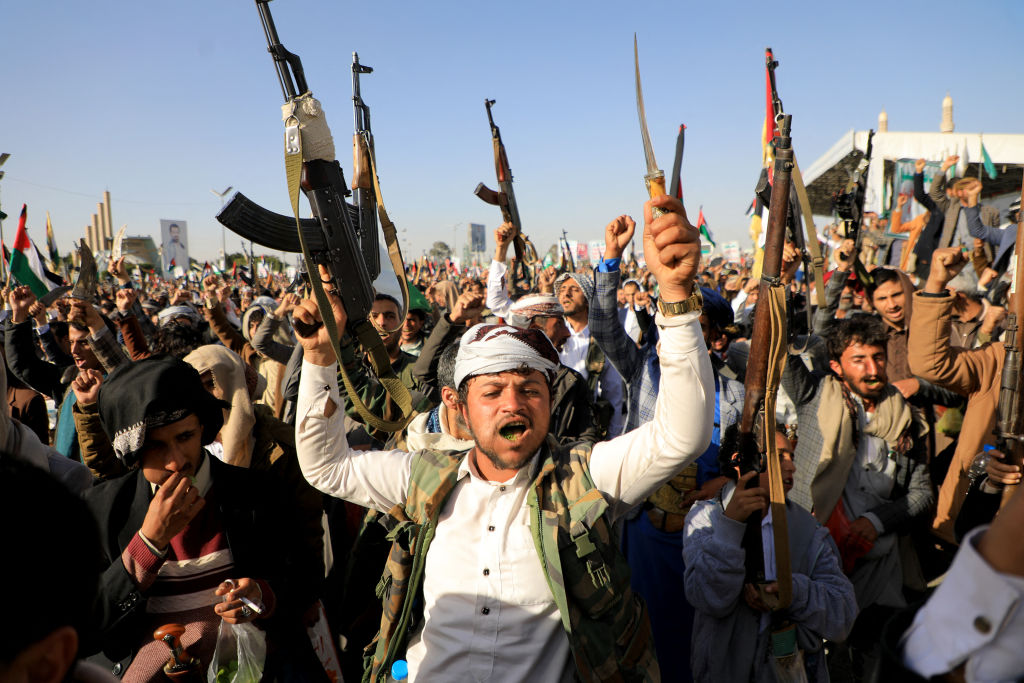

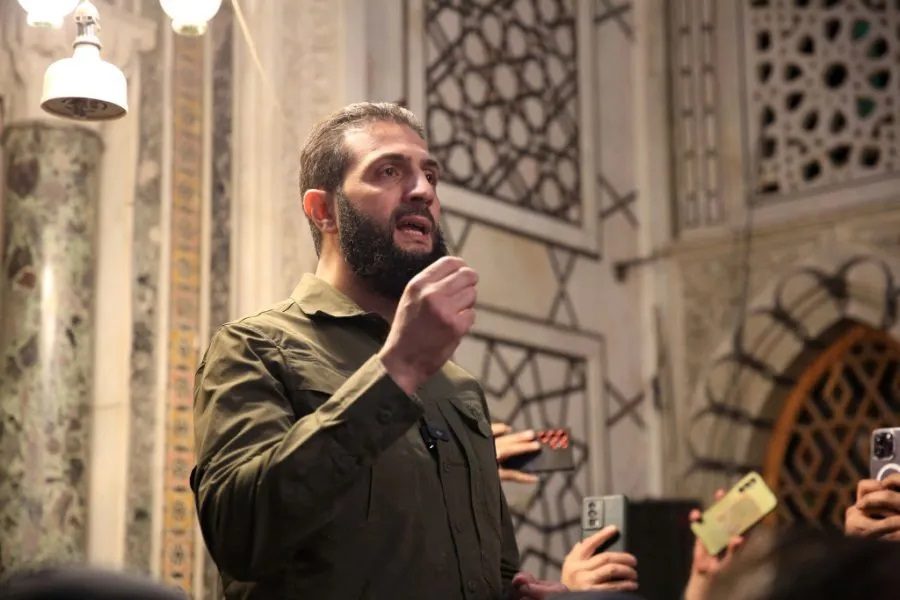
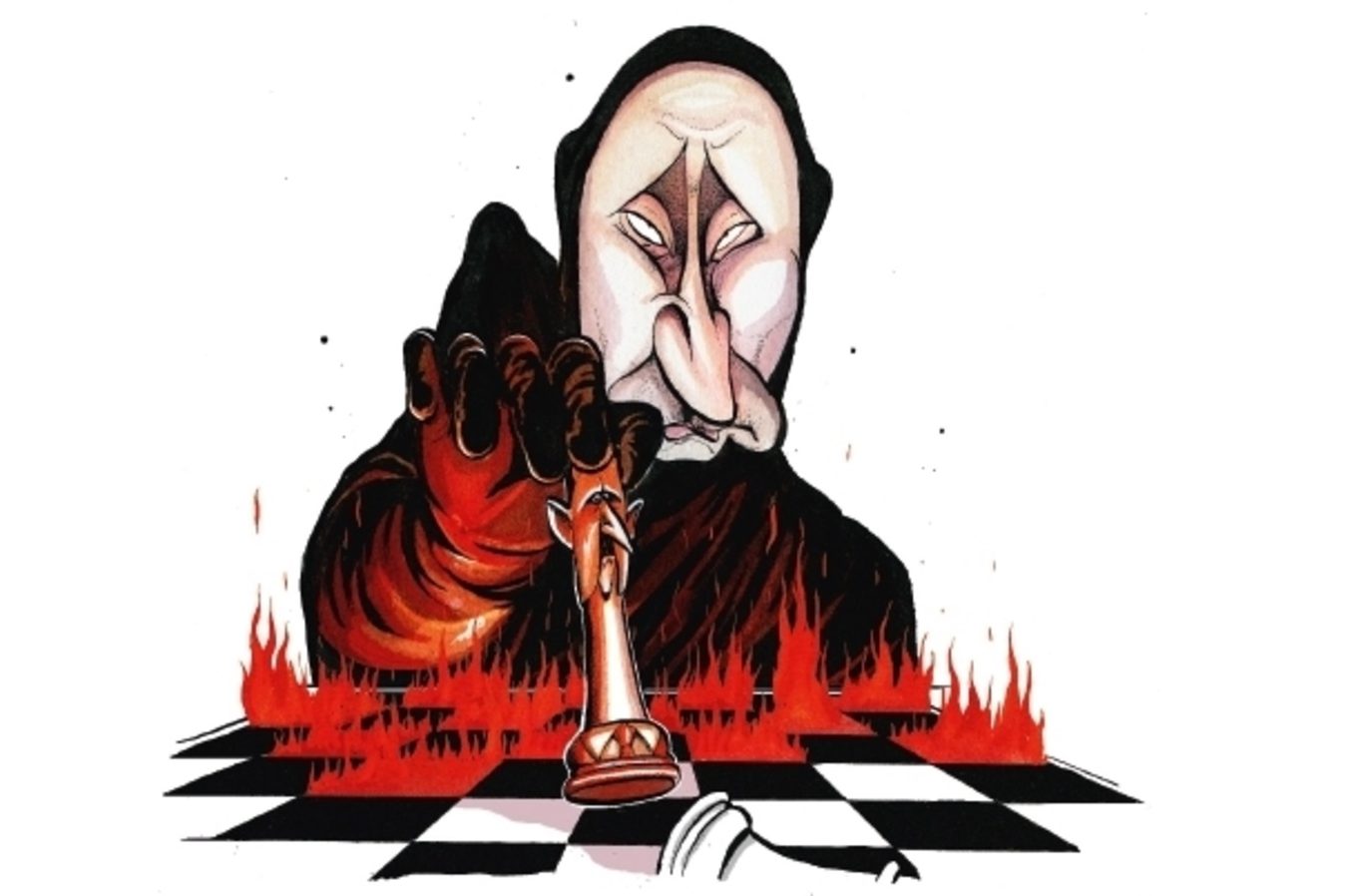
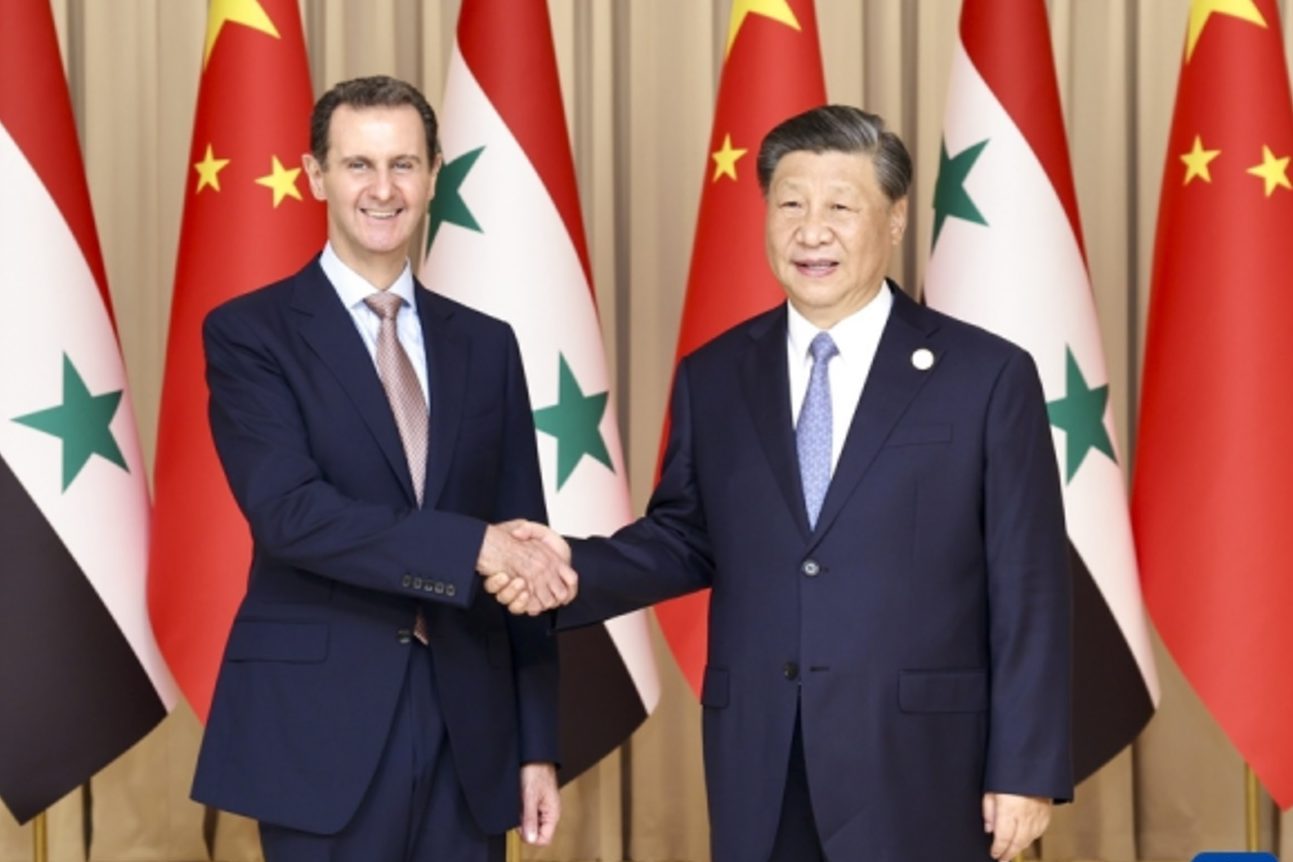







Leave a Reply